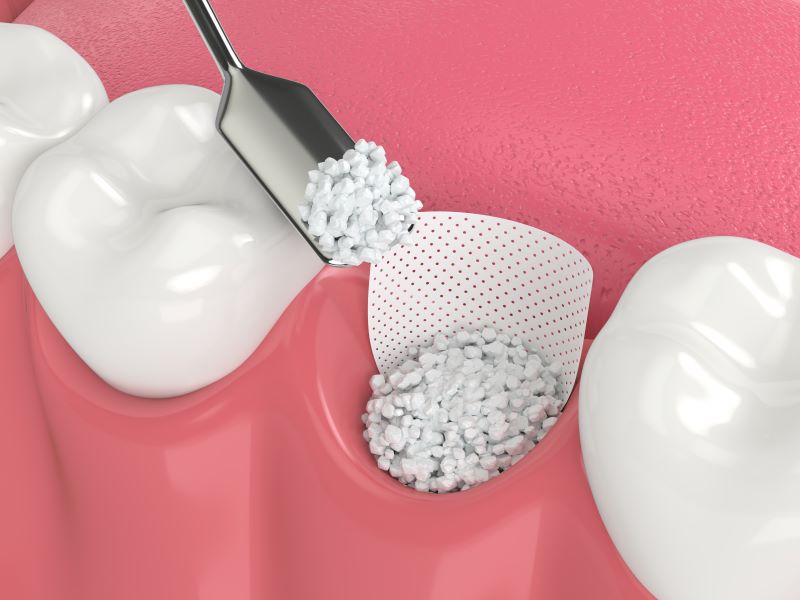
In some cases, a bone graft is necessary to fortify a patient’s jaw before they receive dental implants. While the prospect of undergoing this surgery can seem a bit intimidating, you can be confident that it is a necessary part of your journey toward a strong, complete smile. Still, you may have questions about what to expect after your dental bone graft surgery. This blog post provides a basic guide that can prepare you for the road ahead.
How Long Does Recovery Take?
Recovery time after a dental bone graft depends on the extent of the surgery, your age, your overall health, and other factors. On average, the initial recovery process takes a week or two; within that time frame, the soft tissue at the graft site should be fairly well healed. However, it can take several months for the grafted material to fully integrate with the surrounding bone.
How Much Pain and Discomfort Should You Expect?
After bone graft surgery, it is common for patients to experience soreness, swelling, and general discomfort. You may be able to manage these symptoms by taking some simple steps:
- Use pain medication as directed by your oral surgery team.
- Get enough rest.
- Keep your head elevated when you sleep.
- Use a cold compress to decrease swelling.
- Avoid touching the surgical site with your tongue or fingers.
What Can You Eat After Bone Graft Surgery?
During the initial stage of your recovery, you should consume a soft diet that requires little to no chewing. Foods like smoothies, scrambled eggs, meatloaf, pudding, and brothy soups are all acceptable. You can even indulge in ice cream (just be sure not to overdo it on sugar). Spicy, hot, and acidic foods should also be temporarily avoided; they could irritate your surgical site and increase your discomfort.
As the soft tissue at your surgical site heals, you should be able to gradually resume your normal eating habits. Just be sure that you do not use the surgical site to chew.
What if Something Unusual Happens?
Most patients enjoy a smooth recovery process after a bone graft. However, in rare cases, post-op complications occur. If you notice unusual or severe pain, severe swelling, or anything else that alarms you, call your oral surgery team right away. They will see you as soon as possible so they can evaluate the situation and get you back on the road to recovery.
A dental bone graft can set your dental implants up for success! Talk to your oral surgeon if you have questions about this procedure and what to expect throughout the recovery process.
Meet the Practice
Dr. Shinwari is the board-certified oral surgeon who leads the team at Oral & Facial Surgery Center of Virginia. He is well-qualified to perform multiple types of dental bone grafts, dental implant surgery, and other complex procedures. If you are thinking about replacing your lost teeth, he and our team would be happy to speak with you and start designing your treatment plan. Contact our Dumfries office at 703-574-4717.

